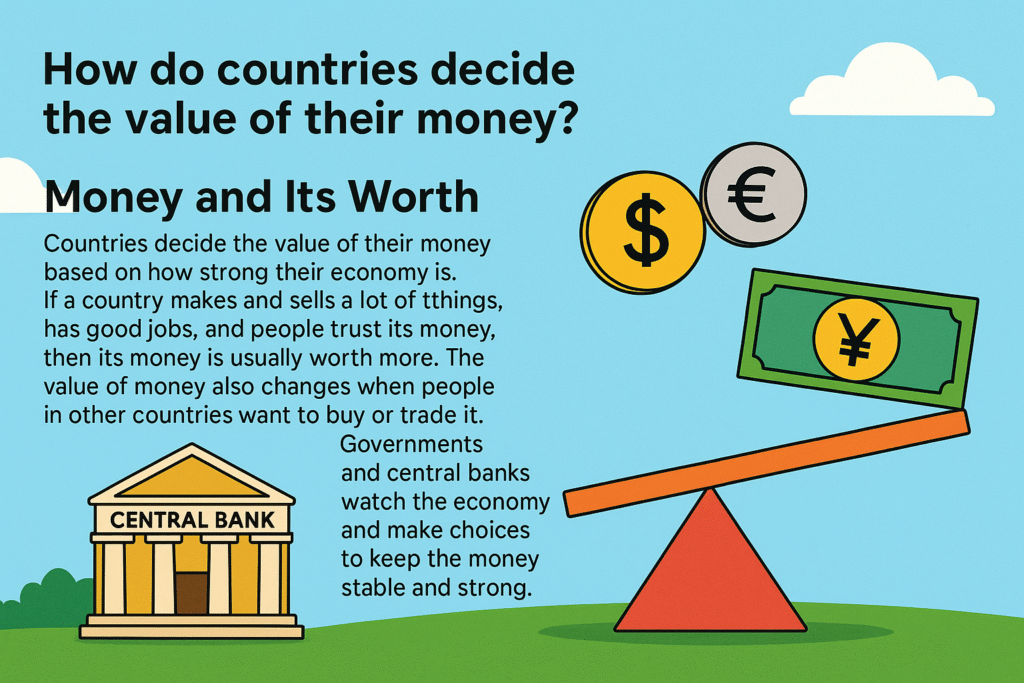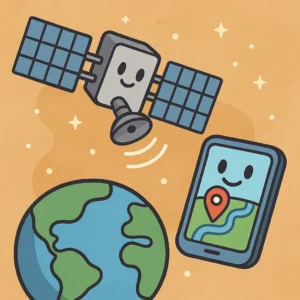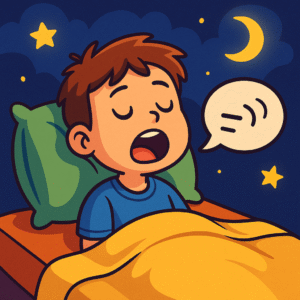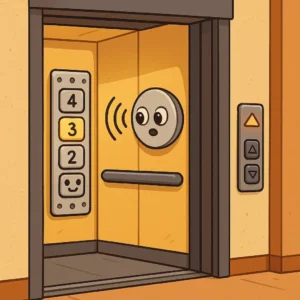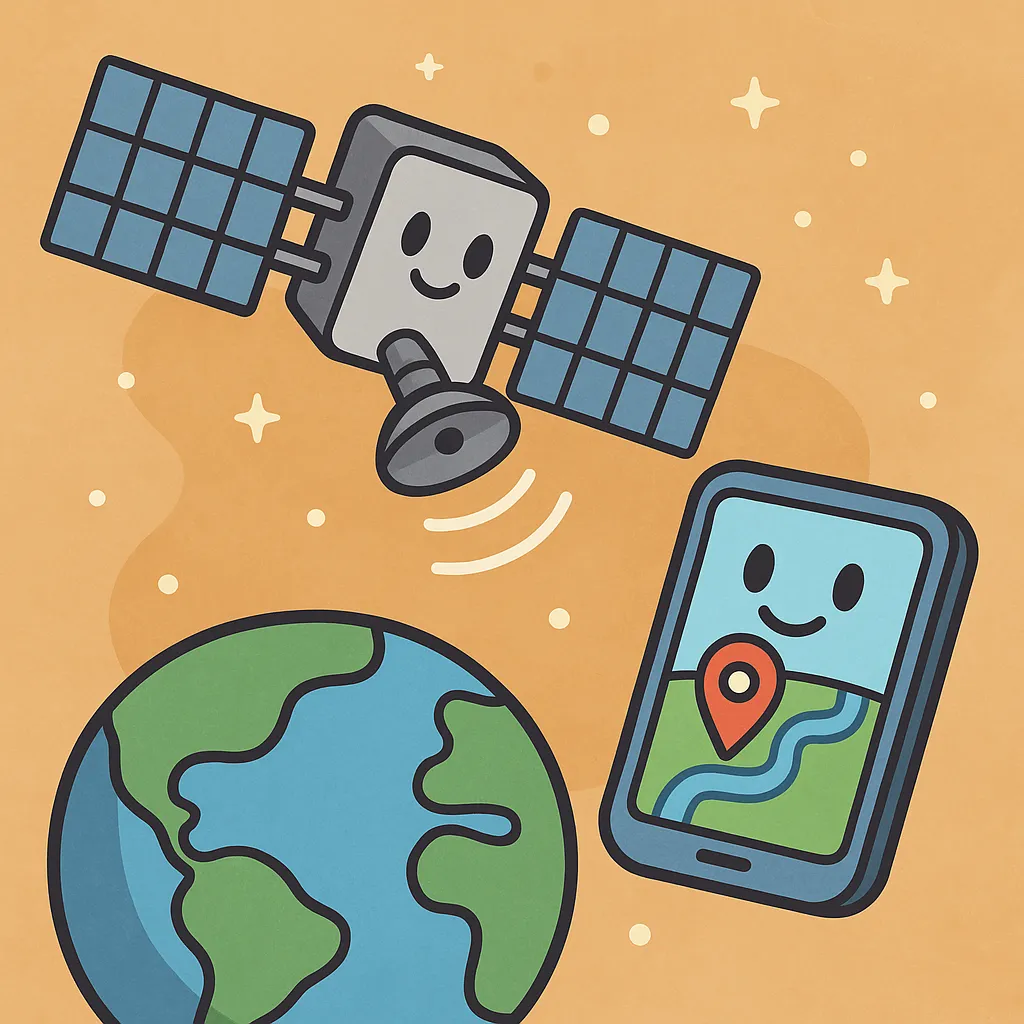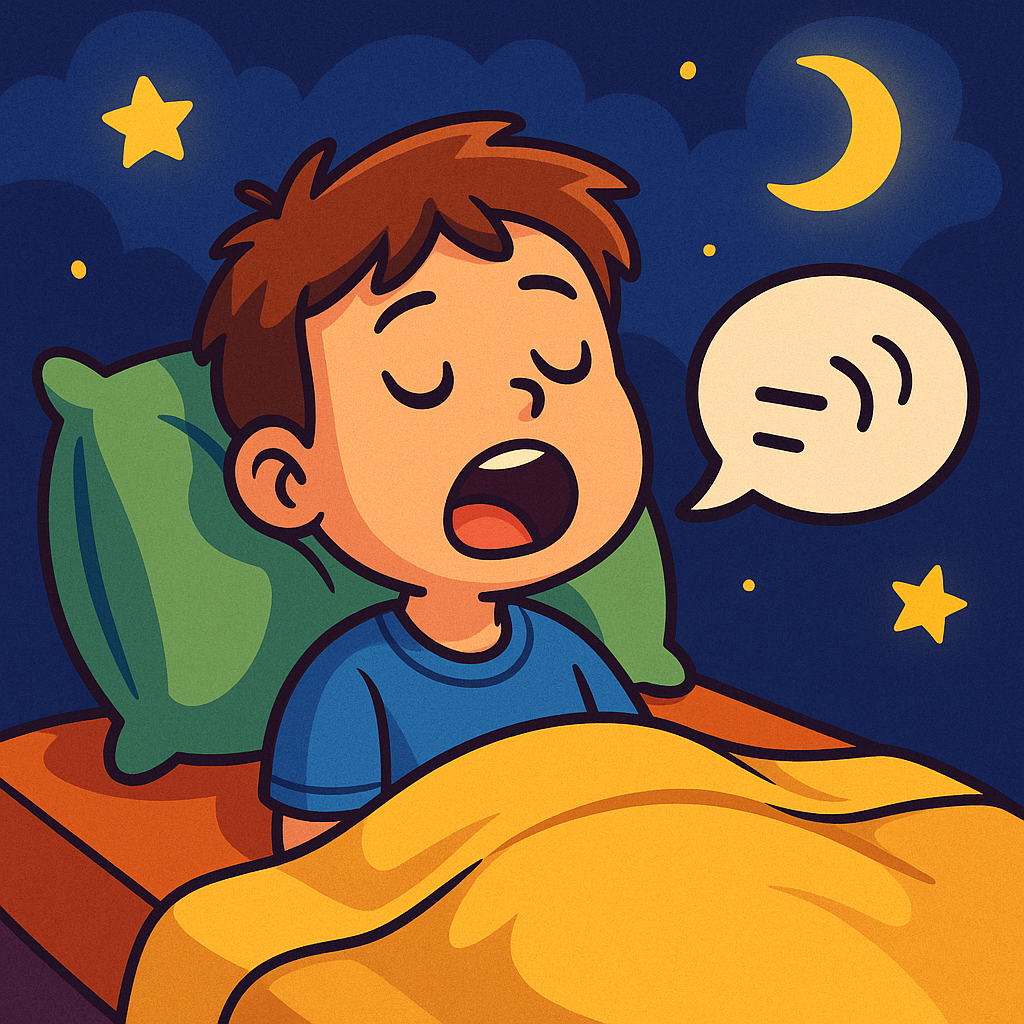Money and Its Worth
Countries determine the value of their currency based on the strength of their economy. If a country produces and sells a wide range of goods, offers good job opportunities, and has a trusted currency, then its currency is usually worth more. The value of money also changes when people in other countries want to buy or trade it. Governments and central banks monitor the economy and make decisions to maintain a stable and robust financial system.
Comparing with Other Currencies
Money doesn’t have a fixed value; it fluctuates in comparison to other countries’ money. For example, if one dollar can buy more of another country’s money, the dollar is stronger. Countries use something called exchange rates to show how much their money is worth compared to others. These rates can fluctuate based on factors such as trade, inflation, or even news! That’s why money’s value is constantly moving like a seesaw.
FAQs
Q: Who controls a country’s money value?
A: A country’s central bank and government help manage money value by setting interest rates and making economic decisions.
Q: Why does money lose value sometimes?
A: When prices rise too fast (inflation) or people lose trust in the economy, money can lose value and buy less than before.
🧠 Conspiracy Theory
Some believe there’s a secret meeting of wizards who quietly adjust money values while sipping gold-flavored tea.
😅 Dad Joke
Why did the coin break up with the bill? It felt like it was just being taken for change!

